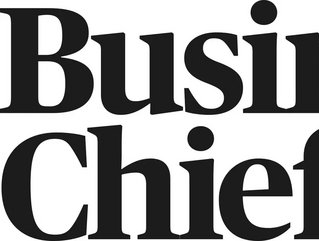Marketing to Millennials: Gaining the trust of a cynical generation

Millennials watched Bernie Madoff walked off in handcuffs for setting up one of the largest Ponzi schemes in Wall Street history. They’re not eager to trust financial services institutions to manage their wealth. Nevertheless, like generations before and after them, they will age and must prepare for the future. At one time or another, they will be interested in wealth management financial services. In a recent Wall Street Journal column, Voices, wealth manager Brad Sherman discusses millennials’ needs and how to meet them.
According to Sherman, as a result of Madoff-like financials scandals, it takes longer to gain the trust of millennials and that to earn it marketers need to meet them on their terms.
“Start by being relatable. Meet them on their turf. Millennials are comfortable with using technology to communicate, to research and to learn. You can use traditional modes of marketing, but it is imperative you engage with millennials through the Internet and social media,” says Sherman
Sherman asserts that it’s crucial to have a strong Internet and social media presence as you work at building a relationship based on trust with millennials.
“Make sure you have a current website and a presence on LinkedIn and Twitter because this is where you will make connections. Put your best foot forward on these platforms. Even if you were referred to them by someone they know, millennials will vet you by reading your website, your LinkedIn profile, and your tweets on Twitter,” he advises.
Sherman also thinks that the content most relevant to millennials will offer them basic financial education, which they didn’t get in school. Topics like “What is an IRA?” and personal finance 101 are such that millennials will be readily interested in.
“Financial planning was not something this demographic learned in school, so many of my topics are personal finance 101: help with budgeting, tackling student loan debt, managing finances, merging finances with a spouse or partner, and planning for a first home. I have also found that many millennials are working for entrepreneurial-type companies that don’t necessarily have a retirement program for their employees, so it’s helpful to present basic retirement topics, like explaining what an IRA is,” he explains.
Reminding his audience that millennials are a wary generation due to recent financial chaos as well as the student debt burden, Sherman concludes his column by emphasizing the importance of building trust and communicating through the technologies that millennials are familiar with.
“Once you’ve gained their trust and they’ve vetted you, don’t drop the ball. Continue nurturing your relationship with them. Be transparent and concise about what you offer. Be flexible and be ready to engage with them using the technologies they are comfortable with. For example, if their busy schedules make it too difficult to schedule an in-office face-to-face meeting, set up a meeting on Skype,” he concludes.
Related Story: 4 Ways Millennials Have Transformed the Consumer Landscape
Related Story: 2 Millennial Marketing Principles: Location and Convenience






